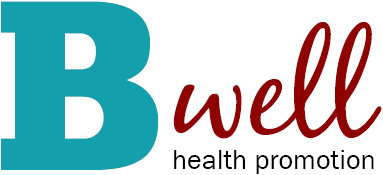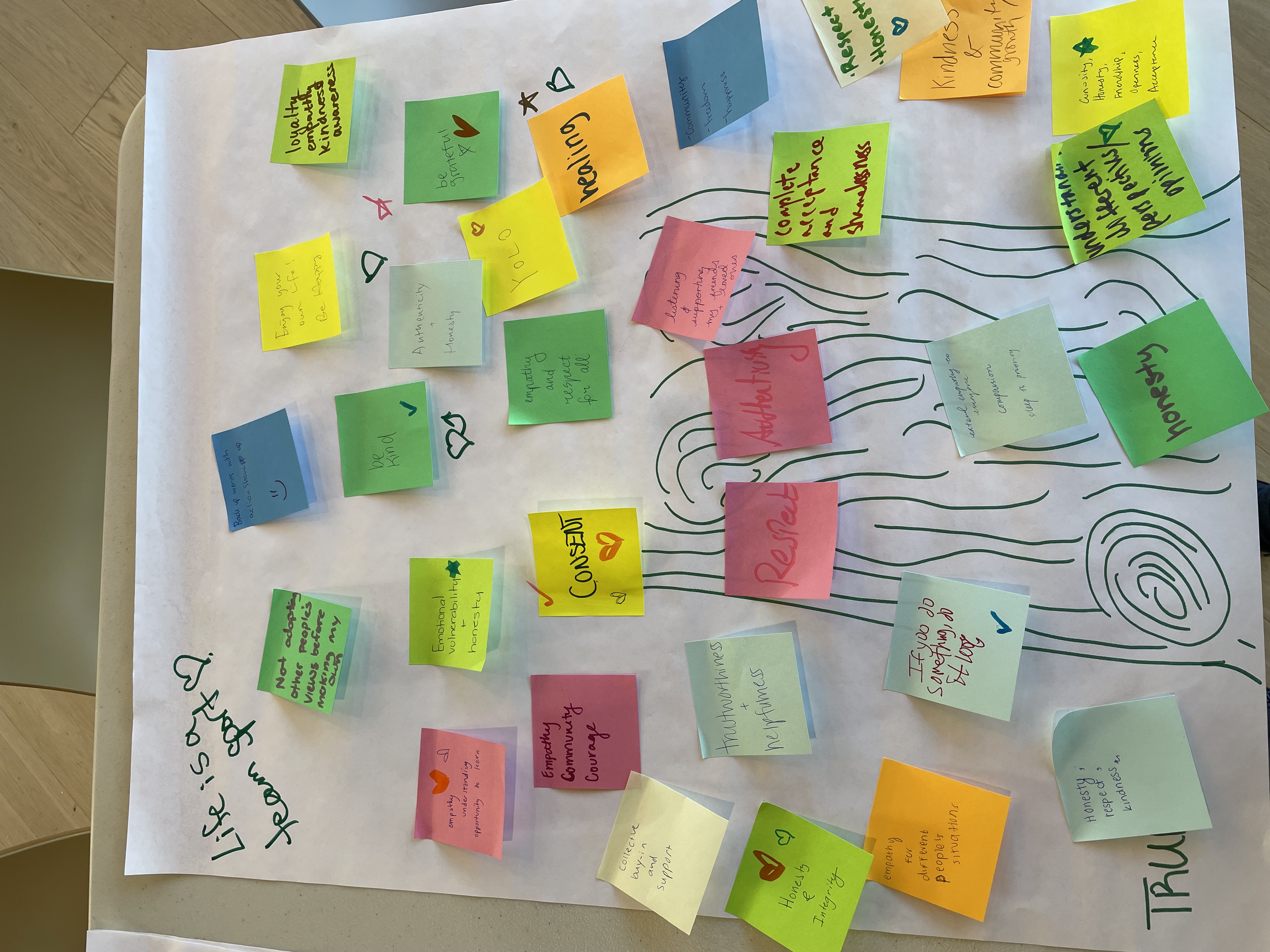Adoption is a permanent, legal agreement in which you agree to place your child in the care of another person or family. There are two types of adoption - "open" and "closed." The birth parent can choose the type of adoption they wants for their child.
-
Open adoptions involve some contact between the birth parent and adopting family. Open adoption usually includes the exchange of identifying information, such as names, addresses, and phone numbers. In many open adoptions, adopting and birth parents spend time together both before and after placement occurs. The birth parent selects the adopting family. They can find out about their values, lifestyle, and religion. Their ideas about discipline and the educational opportunities they can offer may also be important to them. The birth parent and the adoptive parents may choose to form a relationship. These adoptions may also include ongoing visits with the child, phone calls, pictures, or visits
-
Closed adoptions, or confidential adoptions, happen when the birth parent and adopting family do not have any information about one another. Closed adoptions are becoming less common. A birth parent may choose a closed adoption in order to have more privacy. Sometimes adopted children or birth parents will want to find each other later in life after a closed adoption. Adoption registries may be able to help you connect with your child. Some adoption agencies will help birth parents and children find each other. But this does not always happen, so if you think you will want to have some contact with your child, consider planning an open adoption.
Adoption is legal and binding whether it is open or closed. All adoptions must be approved by a judge. Adoption laws are different in every state. An adoption counselor or lawyer can tell you about the laws in your state. In most states, minors do not need a parent's consent to choose to place a child for adoption. In Rhode Island, however, minors do need the consent of one parent or guardian. The laws about biological, non-birthing parents are different from state to state, so talk with an adoption counselor or lawyer about what the law is in your state. In some states, you may need the consent of the other biological parent in order to plan an adoption.






